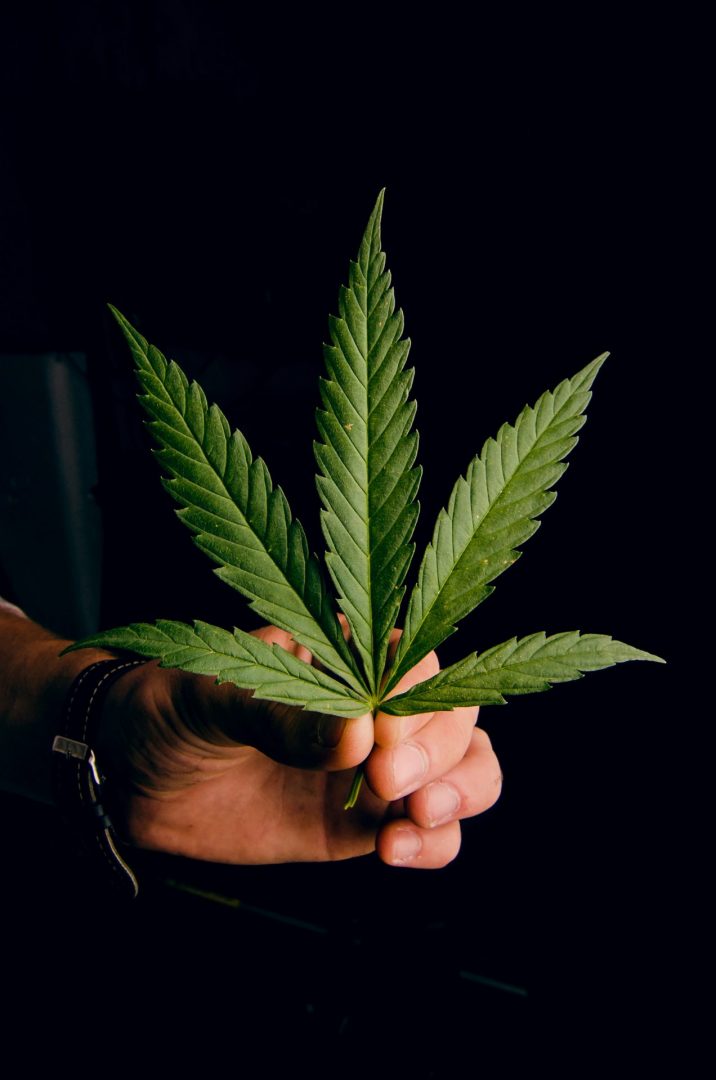Last week, the House of Representatives passed a bill that would legalize marijuana by a 220-204 vote. However, this is not the first time such a bill passed the House in the last few years. The Democrats who are determined to get this bill passed will not get it passed by the Republicans in the Senate. The bill is important because drug laws, including cannabis crimes, unjustly affect Black Americans. Black people are four times as likely to be arrested for cannabis crimes. Legalizing marijuana is just one more step in the right direction of establishing equality for all.
There may be other cannabis bills in Congress coming down the pick soon. But the Democrats will still need Republican votes to get it passed in the Senate. History shows little support for the cannabis laws among Republican lawmakers.
The big issue that remains is that while more and more states legalize marijuana in some ways, marijuana possession and use is still a federal crime. While the judiciary is developing creative ways to avoid penalizing persons with marijuana for past and present crimes, there still needs to be consistency. The only way to achieve that is by a federal law legalizing marijuana.
One creative solution was seen by the 1st Circuit Court of Appeals in United States v. AbdulAziz,—F.3d—, 2021 WL 2217452 (1st Cir. Jun. 2, 2021), wherein a sentence for a 922(g) conviction the Court found that the district court improperly considered the client’s 2014 Massachusetts conviction for possession with intent to distribute marihuana a “controlled substance offense” under 2K2.1/4B1.2. The reasoning was that by the time of the defendant’s September 2019 federal sentencing, the feds had amended their definition of marihuana to exempt hemp (cannabis with a THC concentration of not more than .3%.) Similarly, the 9th Circuit explained in US v. Bautista, 989 F.3d 698 (9th Cir. 2020), as amended on denial of reh’g (Feb. 26, 2021), low-THC cannabis is no longer a “controlled substance” under federal law because Congress amended the definition of marijuana on in the Agricultural Improvement Act of 2018. And before that date, the federal government (like most if not all states) defined marijuana in a way that included low-THC cannabis. Therefore, pre-12/20/2018 marijuana convictions could have been for low-THC cannabis, and those convictions do not trigger career offenders.
And in New Jersey, Judge Wolfson recently determined that a prior conviction of a defendant for third-degree possession of marijuana with intent to distribute, in violation of N.J. Stat. Ann. § 2C:35- 5a(1), b(11), did not qualify as a controlled substance offense under U.S.S.G. § 2K2.1(a)(4)(A), because the New Jersey definition of marijuana is broader than that of its federal counterpart U.S. v. Lewis, 20 cr 583 (August 10, 2021).
To discuss the federal criminal defense update, or criminal law more generally, reach out to New Jersey and New York criminal defense lawyer Lorraine Gauli-Rufo at 973-239-4300 or at LGR LAW for a consultation today. For more information about the firm, please visit LGR LAW’s website.





0 Comments